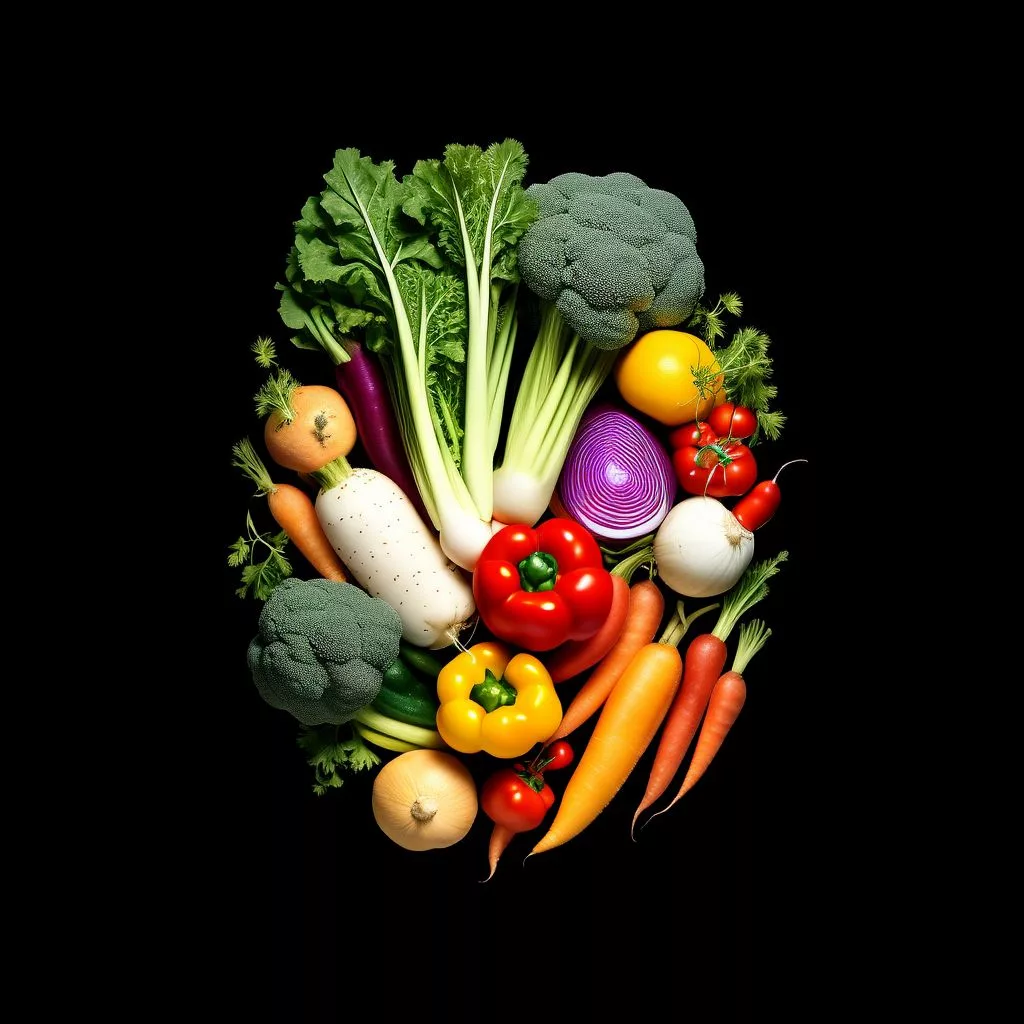South Africa’s Competition Commission has ordered Google to put aside between R300 million and R500 million each year to support local news media. This decision comes after a report revealed that while Google makes a huge profit from South African news, local publishers are struggling financially. The commission also wants tech giants like Meta and YouTube to change their practices, making it easier for South African stories to be seen and heard. This move aims to ensure that local voices are not lost in the sea of global media, helping to keep journalism alive and vibrant in the country.
What is the Competition Commission’s directive to Google regarding local media in South Africa?
The Competition Commission of South Africa has mandated Google to allocate R300 million to R500 million annually to local news media. This action aims to address the financial disparities in digital advertising revenue, ensuring fairer compensation for South African news publishers impacted by Google’s algorithms.
Commission’s Directive to Google and Other Tech Titans
South Africa’s Competition Commission has recently made a landmark decision, compelling Google to allocate funds ranging from R300 million to R500 million annually to the country’s local news media. This bold move aims to address the glaring disparity in digital advertising revenue distribution. According to the commission’s provisional report, unveiled this week, Google disproportionately reaps nearly R900 million annually from South African news content. Meanwhile, local media outlets face severe financial hardships, enduring losses that could reach as high as R500 million. The commission’s report not only shines a light on Google but also scrutinizes other tech giants including Meta, Microsoft, OpenAI, X, and TikTok, accusing them of stifling competition and undermining the nation’s media industry.
Unveiling the Disparities and Demands for Fair Play
Doris Tshepe, the competition commissioner, elaborated on the findings of an inquiry initiated in 2023. She emphasized the unsettling reality that digital platforms accumulate vast profits from news media without contributing to content creation. The investigation also unveiled how algorithms used by search engines and social media platforms favor foreign media outlets, thereby reducing referral traffic to local publishers and constraining their revenue streams. To remedy this, the commission mandates a recalibration of Google’s search algorithm to enhance the visibility of South African news. Meta faces directives to halt the deprioritization of news content on Facebook, aiming for a more balanced representation of local media. Additionally, YouTube is instructed to improve revenue shares for local media and optimize monetization opportunities for broadcasters, including the South African Broadcasting Corporation (SABC).
The Role of Data and Decline in Traditional Media Revenue
The Mail & Guardian, a respected pillar in South African journalism, supports the findings and advocates for search and social media companies to share richer, anonymized user data with news publishers. This initiative aims to provide publishers with deeper audience insights, thereby enhancing their monetization strategies. Paula Fray, a distinguished panel member, highlighted the dramatic decline in traditional media revenue. Print publications witnessed a 40% drop in advertising income, while the SABC’s ad revenue plummeted by 47%. These financial challenges have led to newsroom downsizing and the closure of many community and regional newspapers, raising significant concerns about the sustainability of journalism and the diversity of media voices in South Africa.
The Impact of AI and Collective Bargaining
The rise of AI-driven content aggregation presents additional challenges for news publishers. AI bots commonly use media content without proper compensation, posing a severe threat to the industry. To counter this, the commission suggests that South African media houses engage in collective content negotiations with AI companies. This collective bargaining approach could ensure that media entities receive fair remuneration for their content. Deputy commissioner James Hodge warned that non-compliance by tech companies could lead to government intervention, potentially imposing a digital levy ranging from five to ten percent on search engines, social media platforms, and AI entities.
Public engagement forms a critical component of the commission’s report, with submissions open until April 7 and final findings expected later this year. This participatory approach reflects the commission’s dedication to transparency and inclusivity in addressing the complexities of digital advertising and media sustainability.
Historical Context and Global Trends
Historically, the interplay between media and technology has been a complex dance of innovation and disruption. The digital era, while offering unprecedented access to information, has also significantly altered revenue models and content dissemination methods. The advent of social media platforms revolutionized information sharing and content creation, democratizing these processes but also weakening the economic power of traditional media houses. This phenomenon is not exclusive to South Africa; media industries worldwide have struggled with the dual pressures of technological advancement and economic sustainability.
Art movements such as the Renaissance illustrate the symbiotic relationship between patronage and creative output. Patrons like the Medici family provided the financial support that enabled artists to create enduring masterpieces. In today’s context, digital platforms have taken on the role of modern-day patrons, though they benefit disproportionately from the creative efforts of news media. This imbalance calls for regulatory intervention to restore a semblance of equity.
The Imperative for a Diverse and Sustainable Media Landscape
South Africa’s media landscape, rich with diverse voices and perspectives, stands at a pivotal moment. The Competition Commission’s report serves as a clarion call and a blueprint for action, emphasizing that the financial health of local media is not just an economic necessity but a cultural one. It ensures that South Africans’ stories, perspectives, and realities continue to find a platform, thereby enriching the national discourse.
The directive for tech companies to modify their algorithms and data-sharing practices aligns with broader global trends. Countries like Australia and France have implemented regulations requiring tech giants to compensate news publishers. These precedents highlight a growing recognition of the need to rebalance the power dynamics between digital platforms and media entities.
The Role of Journalism in Modern Democracy
While the Commission’s report mainly focuses on economic and regulatory measures, it also implicitly acknowledges the intrinsic value of journalism. In an era marked by information overload and misinformation, the role of credible, locally-grounded journalism becomes increasingly crucial. The financial viability of newsrooms directly impacts their ability to act as watchdogs, holding power to account and providing citizens with reliable information.
The mandate for Google, Meta, YouTube, and other tech giants represents a significant step towards addressing the imbalances created by the digital revolution. It underscores the enduring importance of a diverse, vibrant, and financially sustainable media ecosystem in South Africa. As public submissions pour in and the final findings approach, the media industry, policymakers, and tech companies must navigate this complex landscape with a shared commitment to maintaining the lifeblood of democracy: robust, independent journalism.
“`markdown
What is the Competition Commission’s directive to Google regarding local media in South Africa?
The Competition Commission of South Africa has mandated Google to allocate between R300 million and R500 million annually to local news media. This directive aims to address the financial disparities in digital advertising revenue, ensuring fair compensation for South African news publishers impacted by Google’s algorithms.
Why is the Competition Commission focusing on tech giants like Google and Meta?
The Competition Commission’s focus on tech giants stems from a report revealing that while companies like Google reap substantial profits from South African news content, local publishers are facing significant financial challenges. The Commission’s goal is to ensure that local voices are heard and supported in the media landscape, addressing discrepancies in the distribution of advertising revenue.
How does the Competition Commission plan to change algorithm practices?
The Commission mandates a recalibration of Google’s search algorithm to enhance the visibility of South African news. Additionally, it calls for Meta to stop deprioritizing news content on Facebook, promoting a more balanced representation of local media. These changes aim to improve traffic and revenue for South African publishers.
What role does data sharing play in supporting local media?
The Competition Commission suggests that tech companies, like Google and Facebook, should share richer, anonymized user data with news publishers. This would provide publishers with deeper insights into their audience, enhancing their monetization strategies and helping them adapt to the evolving digital landscape.
What are the implications of AI on local news publishers?
The rise of AI-driven content aggregation poses challenges for news publishers, as AI bots often utilize media content without adequate compensation. The Competition Commission encourages South African media houses to engage in collective content negotiations with AI companies to secure fair remuneration, thereby protecting their financial interests.
How does this decision reflect global trends in media regulation?
The directive to tech companies in South Africa aligns with similar global trends, as countries like Australia and France have implemented regulations requiring tech giants to compensate news publishers. These movements highlight a growing recognition worldwide of the need to rebalance power dynamics between digital platforms and media entities, ensuring a sustainable media ecosystem.
“`












